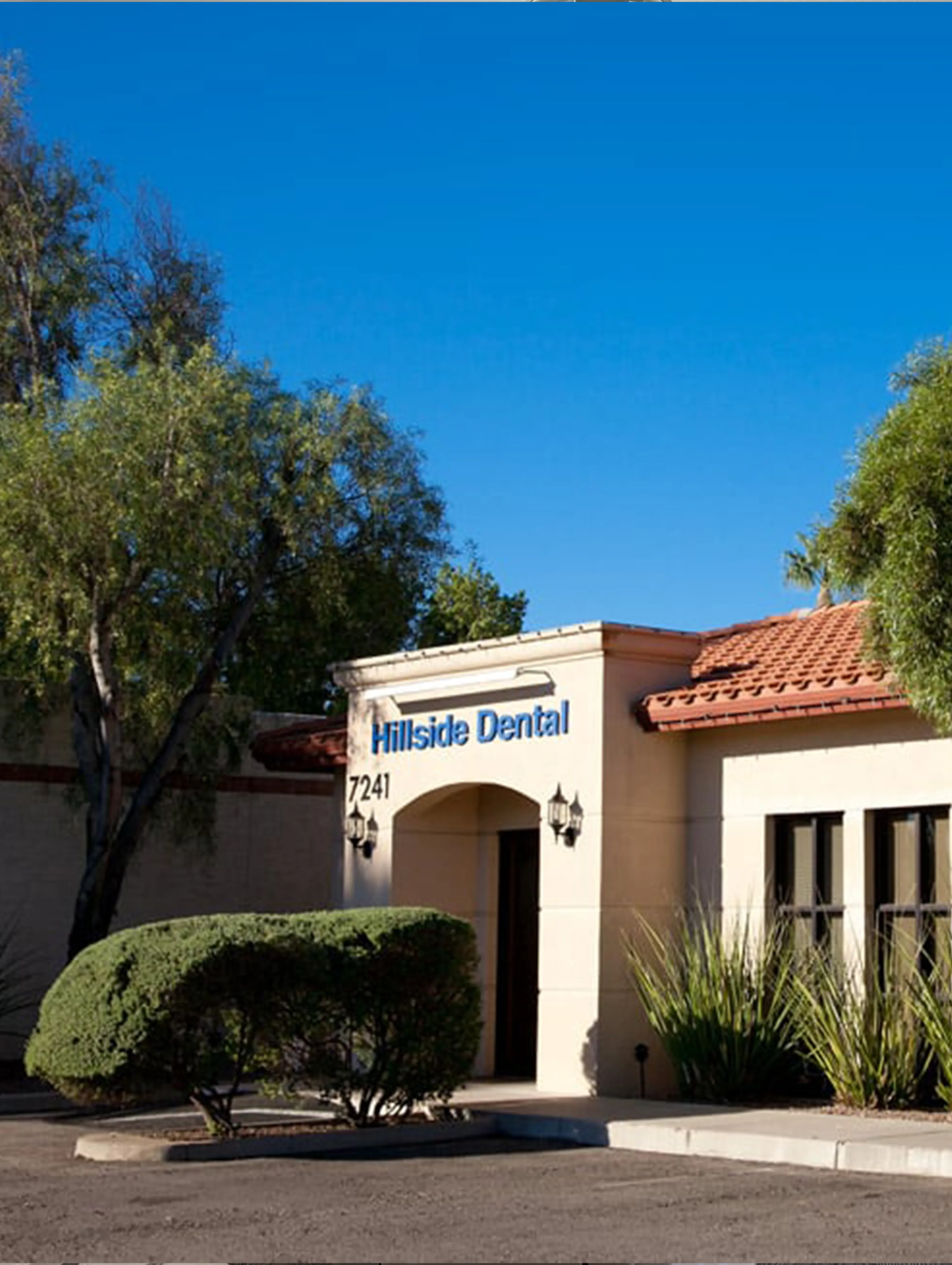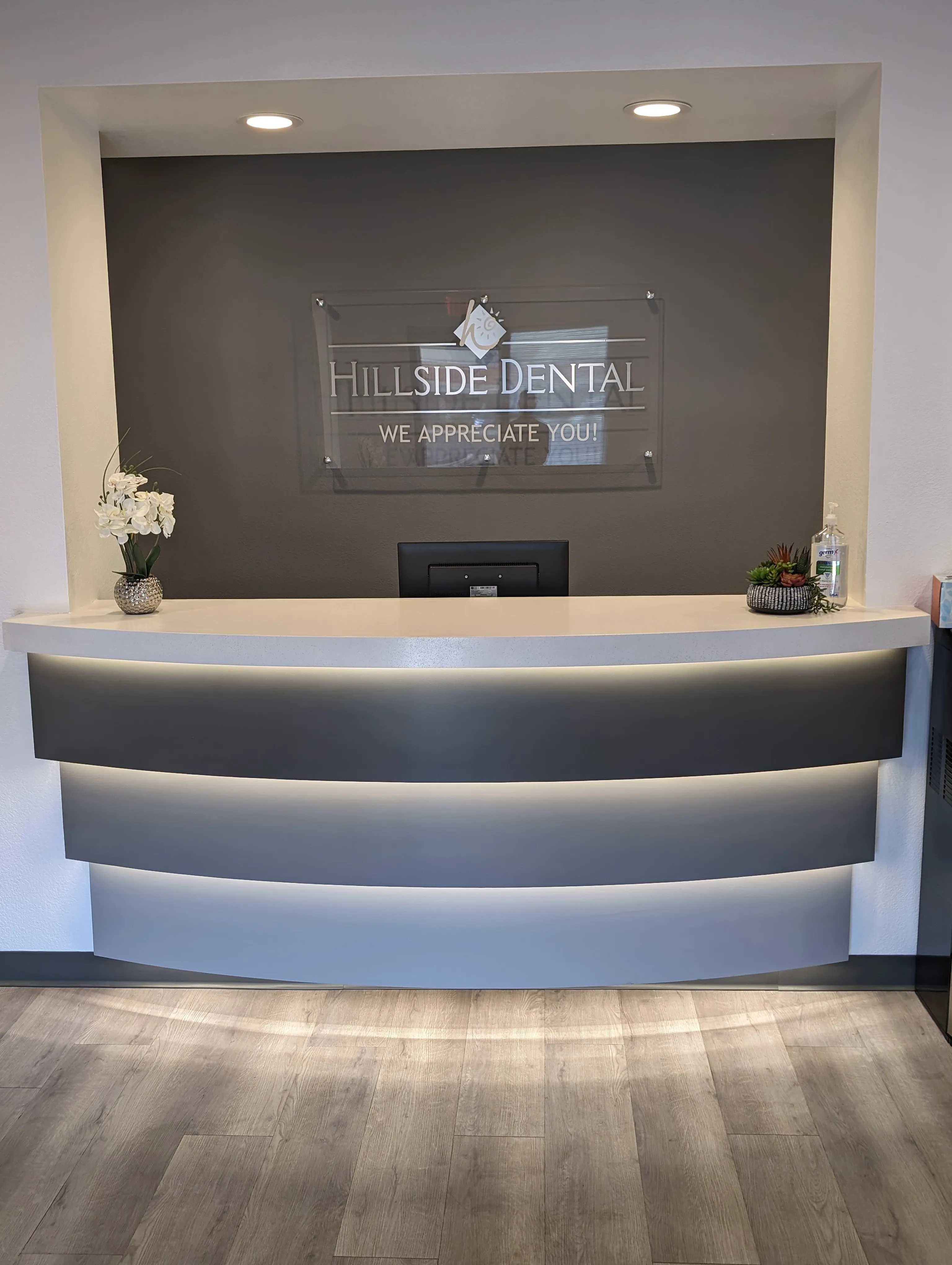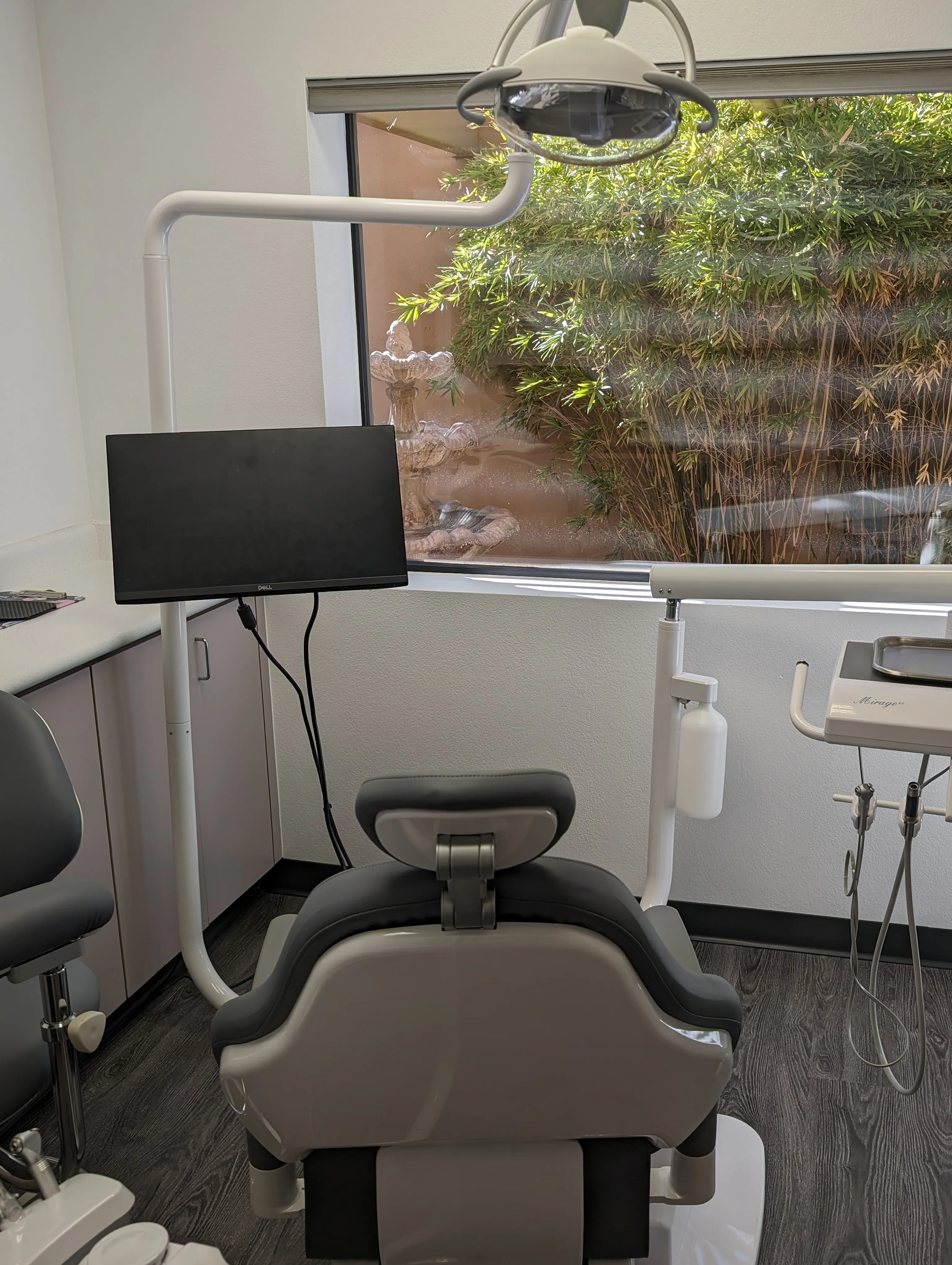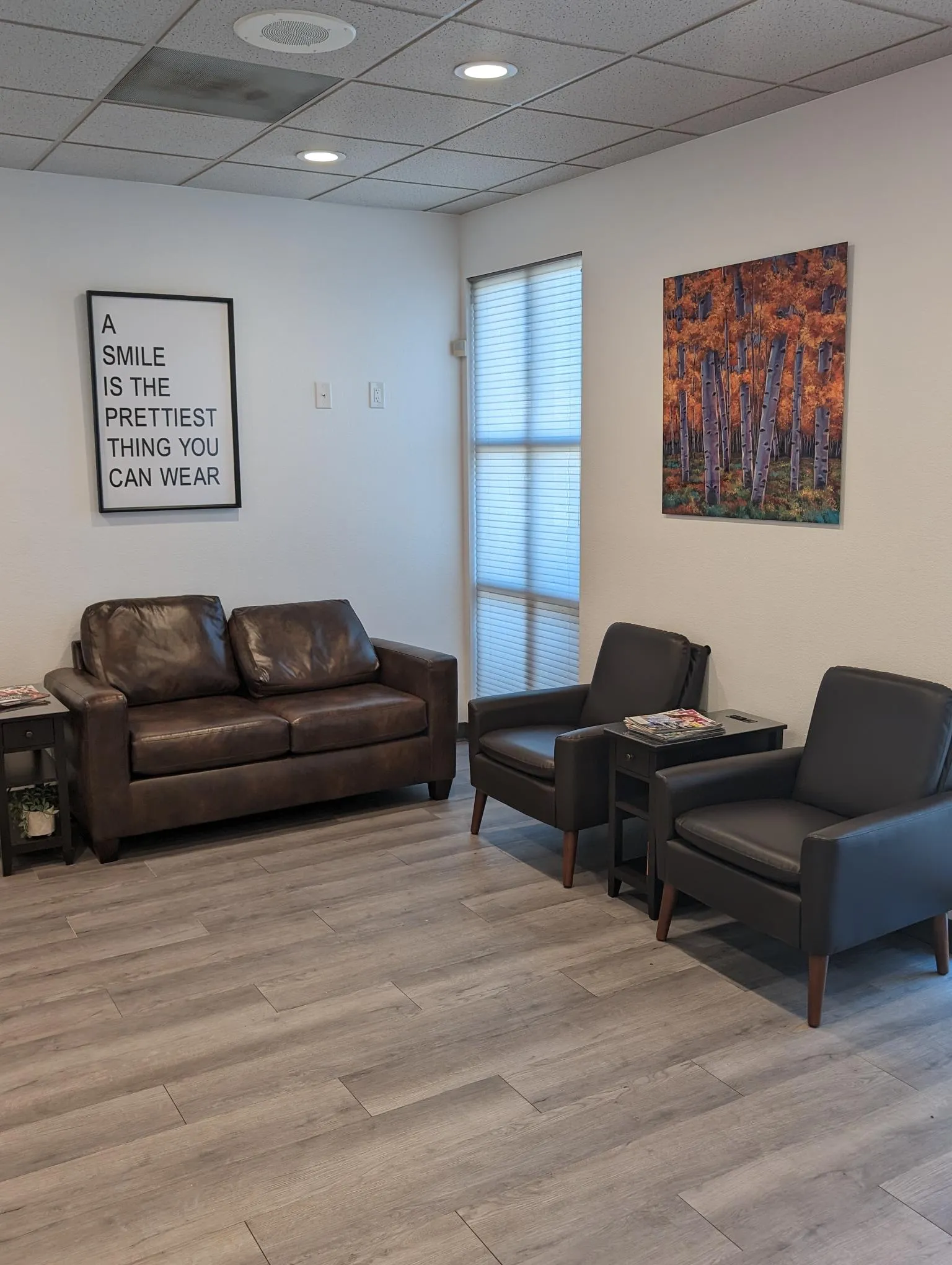Emergency Dentistry
All You Need to Know About Canker Sores
Canker sores are small ulcerations that form in the mouth, causing tissue swelling and discomfort. They commonly appear on the soft tissues inside the cheeks or lips but can develop on any part of your mouth.
Causes
The exact cause of most canker sores remains unknown, but they are not contagious and cannot spread through saliva. In some cases, they may be triggered by injuries like biting your cheek or irritation from braces. Often, however, they appear without any apparent reason.
Canker sores may be influenced by factors such as:
- A weak immune system
- Dehydration
- Allergies
- Stress
- Medication
Symptoms
Canker sores may cause one or more of the following symptoms:
- Pain
- A tingling sensation
- Pus-filled sores that appear white, gray, or yellow
- Swollen gums around the sore
- An unpleasant metallic taste
Stages of a Canker Sore
Canker sores typically start as tender spots and develop into ulcers within 1 to 3 days. Over the next 3 to 4 days, they reach their full size before the healing process begins. Most sores heal within 7–14 days, with the duration depending on the type of sore.
What You Can Do
Here are some remedies that may help alleviate the discomfort of canker sores:
- Ice: Ice can numb pain and reduce inflammation. It’s especially effective for sores on the lips, though reaching other areas of the mouth may be more challenging.
- Baking Soda: Baking soda can restore pH balance and reduce inflammation. Dissolve 1 teaspoon of baking soda in a half cup of water, swish it in your mouth for 15–30 seconds, and spit it out. Repeat three times daily.
- Aloe Vera Gel or Juice: Apply aloe vera gel to the inflamed area for relief. While scientific evidence is limited, aloe vera is considered safe for use on canker sores.
- Garlic: The compound allicin in garlic has antimicrobial and anti-inflammatory properties. Apply a small piece of garlic to the sore for 3–5 minutes, then rinse your mouth after 20 minutes to alleviate pain and reduce the size of the ulcer.
Diagnosis
Canker sores are typically diagnosed through a visual examination by a doctor or dentist. If the sores are severe or persistent, additional tests may be necessary to rule out underlying health conditions.
Complications
Severe or prolonged canker sores can lead to complications, including:
- Pain when speaking, brushing teeth, or eating
- Fatigue
- Sores developing on the outside of the mouth
- Fever
- Cellulitis (a bacterial skin infection)
Home Tips
For pain relief and faster healing, consider these simple home remedies:
- Apply ice or a small amount of milk of magnesia to the sore.
- Rinse your mouth with a solution of baking soda and warm water (1 teaspoon per half cup).
- Apply honey to the sore for its soothing properties.
Types of Canker Sores
Canker sores generally fall into three categories:
- Minor Canker Sores: These occur 3–4 times a year, often between the ages of 10 and 20. They are small (less than a centimeter across), heal in about a week, and don’t leave scars.
- Major Canker Sores: Less common, these larger sores can last for more than two weeks and often leave scars after healing.
- Herpetiform Canker Sores: Rare and characterized by clusters of tiny ulcers, these sores typically heal within a week.
Treatment
Canker sores usually heal within 1–2 weeks. To minimize irritation and promote healing, avoid spicy, acidic, or abrasive foods. You can also use over-the-counter products like:
- Benzocaine: Found in products like Anbesol, Orabase, Zilactin-B, and Kank-A.
- Hydrogen Peroxide: Found in products like Peroxyl and Orajel Antiseptic Mouth Sore Rinse.
- Fluocinonide: Found in products like Vanso and Lidex.
Q & A
What is inside a canker sore?
Canker sores contain fluid that eventually becomes cloudy and pus-filled. When the blister bursts, it reveals bright red areas that heal within 7–10 days.
Can stress cause canker sores?
Yes, stress and fatigue are common triggers for canker sores. Emotional tension can weaken the immune system, making ulcers more likely to develop.
Do canker sores scar?
Minor sores typically heal without scarring, but major sores may leave marks on the mucous membrane.
Is a canker sore different from a cold sore?
Yes. Canker sores appear on the mouth’s soft tissues and are not contagious. Cold sores, caused by the herpes simplex virus, can appear on both the lips and gums and are contagious.
Are canker sores contagious?
No, canker sores are not contagious. Unlike cold sores, they don’t spread through contact or saliva.
Does putting salt on a canker sore help?
Yes, salt raises the pH in the affected area, making it harder for bacteria to survive. This can aid in healing and reduce irritation.
































DENTAL CARE TEAM Tucson, AZ
OUR SOCIALS
Check us out and follow our accounts on the following social media platforms